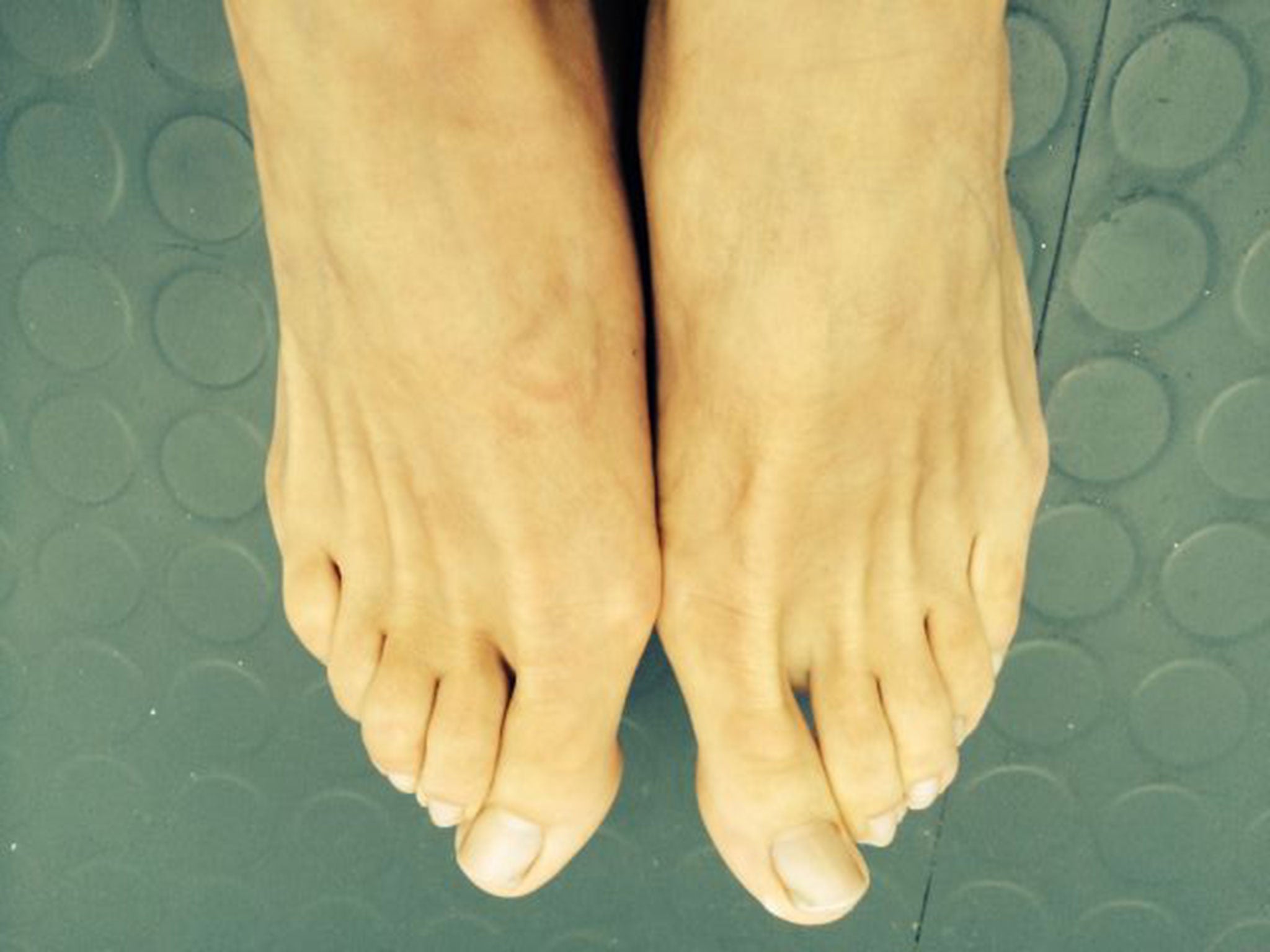Footsies for charity: Street Child Africa and the rise of the hashtag campaign
On Friday the charity Street Child Africa wants people to post a "footsie" to help raise funds. Morwenna Ferrier explores why hashtag campaigns are seriously stepping up

Summer is officially the season of the selfie, three months when your general happiness sits in direct correlation to the amount of time you've spent documenting it on Instagram.
Take my feed, currently awash with #belfies, #shelfies and other people's feet. Balk not – #Footsies (a buzzword you'll soon be familiar with) are for a good cause.
Hot on the heels of the #nomakeupselfie, taking a picture of your naked foot is the latest way to show off on social media and donate to charity. Launched by the UK charity Street Child Africa, the focus of the Barefoot Friday campaign is to raise money for 100,000 children in notably abject poverty in sub-Saharan Africa. Instagram users upload pictures of their feet, captioned with the hashtag #Footsie and a phone number, asking followers to pledge £3 by texting said number. It is also asking the public to "foot-nominate" their friends by tagging them in the post.
There is nothing new about this. As Slate describes it, this sort of activism has become "a gateway between politics and popular culture, a platform to educate the ignorant and draw attention to the operation of power in the world". Social media is already buckling under the weight of #. Why not put # to good use?
From the #nomakeupselfie to #bringbackourgirls, whether to raise money or awareness, hashtag campaigns are becoming increasingly en vogue. This is probably because they require a manageable level of involvement: all you have to do is upload a photograph of your feet. It sits tidily between armchair activism and actual, get-out-of-your-armchair activism. "Plus, it's fun," adds Sheila Lutchanah of Street Child Africa. "The aid here is visual – feet – and, of course, it being summer, it means we have our feet out, so it's easy to get involved."
She has a point. A study last spring found that the majority of people who "like" a Facebook page for a cause never actually follow up the gesture by donating. Take the "Save Darfur" page on Facebook. More than a million people "signed up" but less than 3,000 donated anything. Of course, one of the most successful, albeit accidental, social media campaigns to date has been the aforementioned #nomakeupselfie – Cancer Research UK did not initiate the campaign, but later joined it. Criticised after some users seemed to use the cause for more vanity-geared reasons, the campaign remains a triumph, raising £2m in just 48 hours. Another grassroots hashtag campaign, #redlipstickselfie, has also started making gradual but actual steps to raise money for lung cancer.
"Social media is taking over so we wanted to get in there," explains Lutchanah. "And yes, we were certainly inspired by the success of hashtag campaigns when coming up with our own."
The aim of the campaign reaches beyond shoes, of course. Street Child Africa has a more holistic approach to charity, treating each situation, each child delicately and individually. They earmark abuse, abject poverty and war as the key issues, with the money covering a spectrum of needs, from shoes to intervention (the charity's workers are all trained social workers) and reuniting trafficked children with their families, a common issue, especially in Senegal and Ghana.
Hashtag activism does have its limitations. Not everyone's gran is on Twitter. But that's the point: "We're trying to attract women in their mid-20s to mid-40s, who watch less terrestrial TV, do everything online and communicate heavily through social media," Lutchanah says.
"Guilting does work on daytime TV, because its viewers are used to being spoken to in that way." She's talking, of course, about the slew of charity adverts in the 90s that peddled a more emotive, Biblical message, such as Oxfam's "Give A Man A Fish". They worked by shocking the viewer into the extent of man's inhumanity. With campaigns such as Footsie, the participation is not only voluntary, it's gentle: "Charity campaigns don't need to be overwhelming or depressing," she says. "Younger audiences don't like that – they like bite-size information with the idea of learning later."
In theory, the Footsie campaign is a smart and noble idea. Online, there's just one hitch: like most reasonable people, I don't like looking at my own feet, let alone anyone else's. But I'll happily pledge £3, and so should you, seeing as I've volunteered to put my unpedicured stumps in a national newspaper.
Join our commenting forum
Join thought-provoking conversations, follow other Independent readers and see their replies
Comments
Bookmark popover
Removed from bookmarks